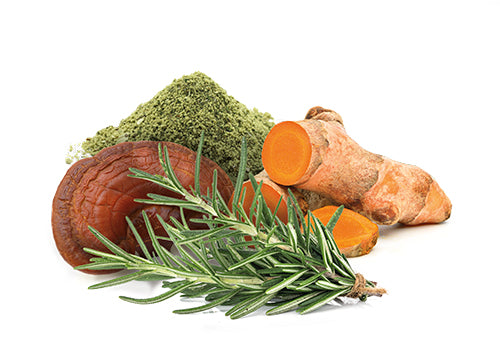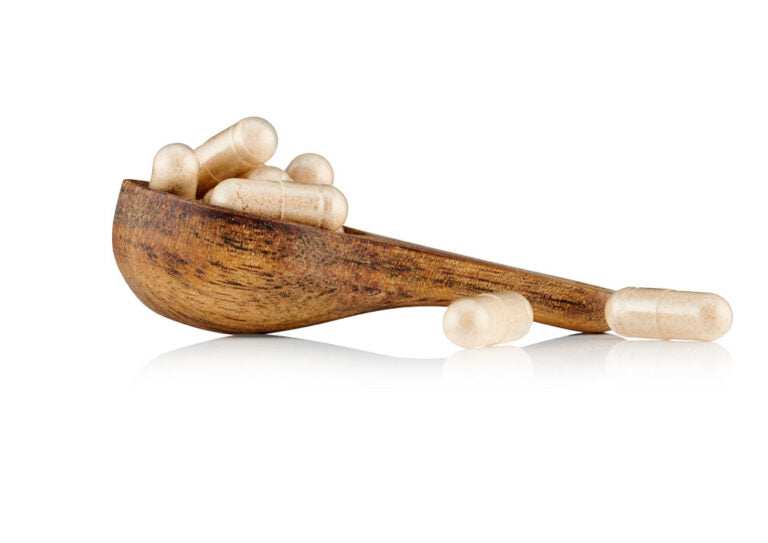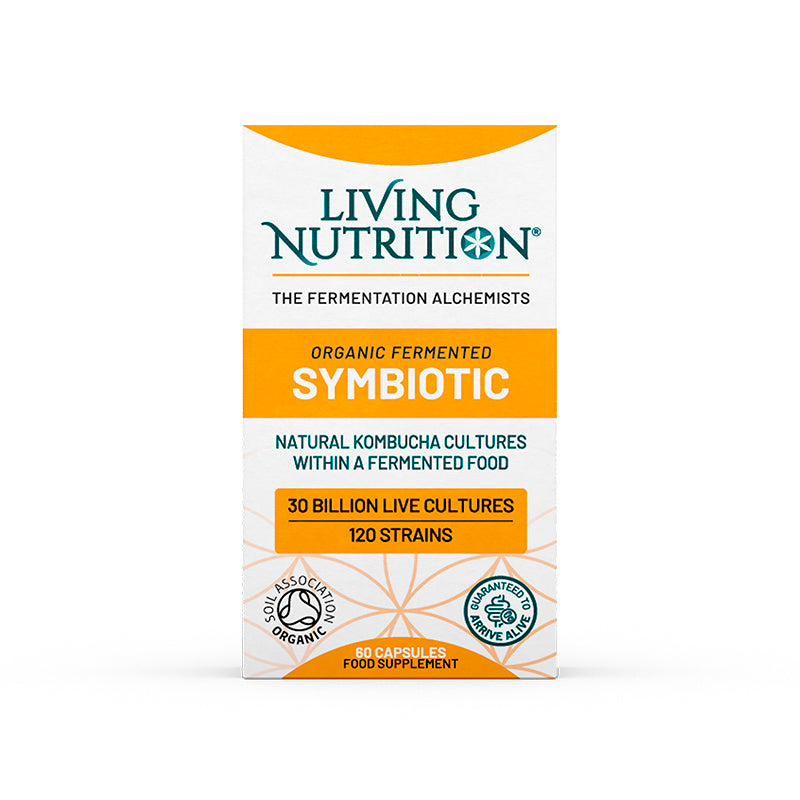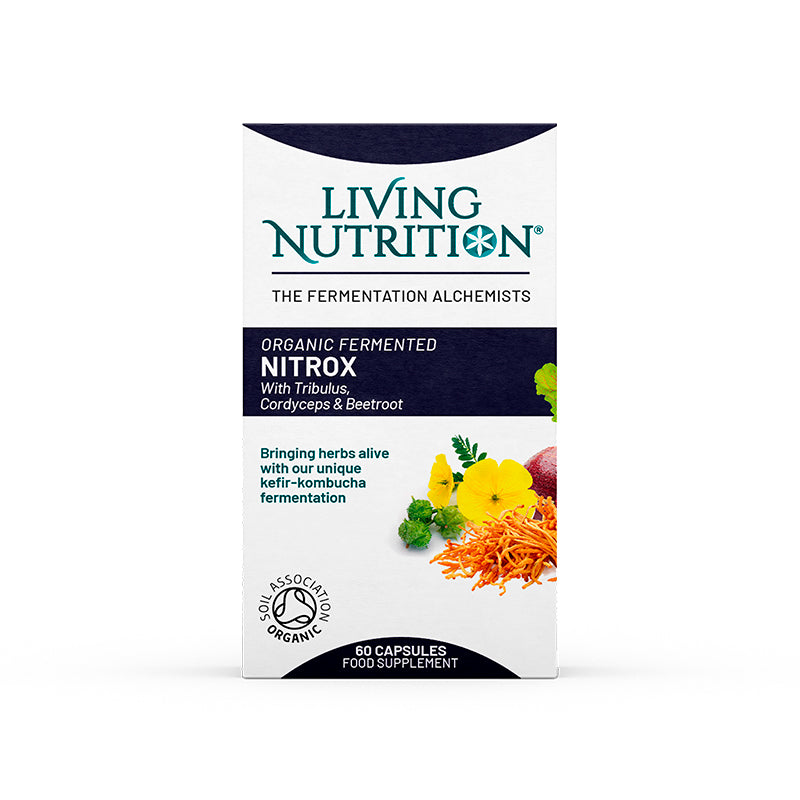
Meet the herb
Benefits


Key actives
COMBINE WITH…

Symbiotic for all-round digestive support

NitroX for sports performance
References
1: https://www.ncbi.nlm.nih.gov/pmc/articles/PMC3236089/
2: https://www.sciencedirect.com/science/article/pii/S0753332221006910?via%3Dihub
3: https://pubmed.ncbi.nlm.nih.gov/34411377/
4: https://pubmed.ncbi.nlm.nih.gov/19651243/
5: https://www.ncbi.nlm.nih.gov/pmc/articles/PMC8572027/
6: https://www.ncbi.nlm.nih.gov/pmc/articles/PMC7491497/
7: https://www.sciencedirect.com/science/article/abs/pii/S0308814610007661
8: https://pubmed.ncbi.nlm.nih.gov/28038881/
9: https://www.ncbi.nlm.nih.gov/pmc/articles/PMC7812094/
10: https://www.ncbi.nlm.nih.gov/pmc/articles/PMC7692648/
11: https://www.ncbi.nlm.nih.gov/pmc/articles/PMC16365/
12: https://www.ncbi.nlm.nih.gov/books/NBK548561/
13: https://www.sciencedirect.com/science/article/abs/pii/S0040402007011477
14: https://pubmed.ncbi.nlm.nih.gov/16230843/



